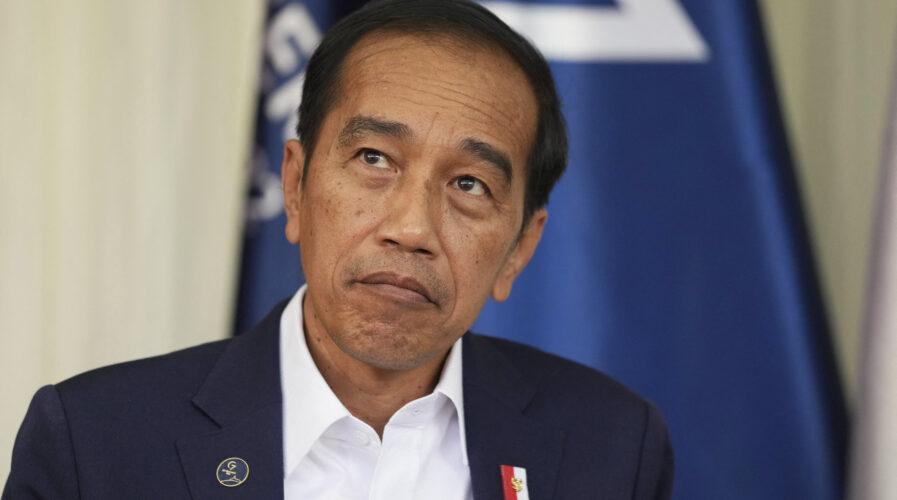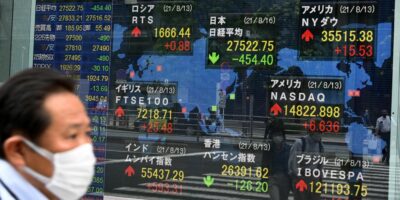
(Photo by Markus Schreiber / POOL / AFP)
What does Indonesia’s new licensing rules mean for tech companies?
Indonesia is home to numerous tech companies and about 191 million social media users. The country continues to enjoy growth in e-commerce, with internet penetration increasing significantly in recent times. In fact, only China and India have more social media users in the Asia Pacific region.
Social media in Indonesia has been experiencing some interesting changes in recent times. For one, Indonesia does not have any general law on data protection. But that has not hampered big tech companies from setting up their data centers and such in the country, especially with the growing Internet population projected to grow the economy in the years to come.
In fact, The Jakarta Post reports continued delays in the nation’s Personal Data Protection bill. Indonesia has yet to join nations that have issued stringent regulations on personal data protection, mostly modeled on the European Union General Data Protection Regulation (GDPR). Such data protection rules are aimed to protect citizens from privacy and data breaches regardless of where the data is processed,
White a data protection law may not be present, there are a number of laws that address data protection issues. These issues include the use of data as well as how the government can protect its citizens and maintain order.
Among them is Indonesia’s new licensing rules. The new ruling which comes into effect allows authorities to take down content on social media sites or apps that can disrupt public order.
As such, tech companies in Indonesia are now required to register themselves with the ministry. While many feel the law is aimed more toward social media and online content providers like Google, Facebook, Instagram, TikTok, Netflix, and such, the new licensing system applies to all domestic and foreign Electronic Service Operators. The government can also compel companies to reveal communications and personal data of specific users if requested by law enforcement or government agencies.
Simply put, authorities can take down content on a site or app of a tech company within four hours if it is considered a disruption to the peace. If the content has been flagged but requires a bit more investigation, the authorities can still take it down in 24 hours.
Initially released in November 2020, the rules are expected to come into effect soon, with most tech companies already complying and registering themselves with the relevant ministry.
Interestingly though, a report by Reuters stated that big tech firms such as Google and Meta have yet to comply with the requests. However, Bloomberg has reported that the tech giants have now agreed to comply to the new regulations to avoid being banned.
The report also stated that Indonesia’s Communications Minister, Johnny G. Plate has already warned companies that their platforms could be blocked if they did not comply with the requirements of the Indonesian government.
Currently, the communications ministry data shows that more than 5,900 domestic companies and 108 foreign companies had registered, including apps like TikTok and Spotify.
The government added that the new rules have been formulated to ensure internet service providers protect consumer data, and that online content is used in a “positive and productive” way.
As the new ruling seems to be focused more on control, cyber activists have also voiced concerns that freedom of expression could be threatened. Moreover, there are also concerns on how exactly the government will determine which type of content would be considered a disruption to public order.
Whatever it may be, big tech companies are showing no signs of slowing down their expansion into Indonesia. Interesting times indeed lie ahead for the nation in the weeks to come.
READ MORE
- Ethical AI: The renewed importance of safeguarding data and customer privacy in Generative AI applications
- How Japan balances AI-driven opportunities with cybersecurity needs
- Deploying SASE: Benchmarking your approach
- Insurance everywhere all at once: the digital transformation of the APAC insurance industry
- Google parent Alphabet eyes HubSpot: A potential acquisition shaping the future of CRM


